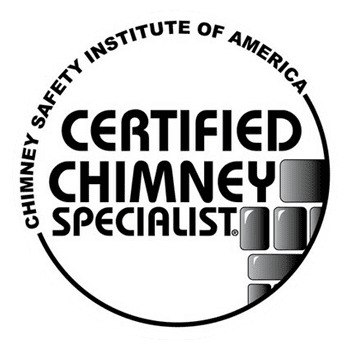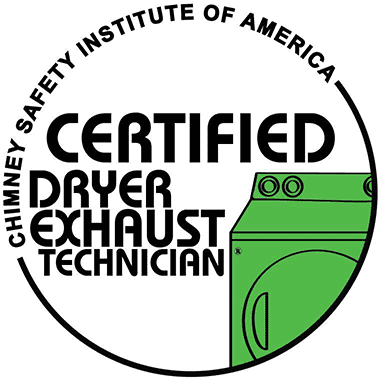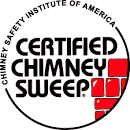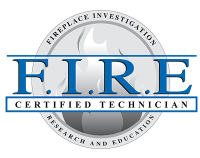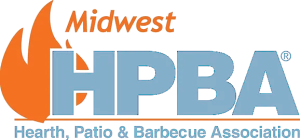Common Chimney Problems: Identifying and Addressing the Most Common Issues
Chimneys are an important part of many homes, providing ventilation for fireplaces and furnaces. Unfortunately, they can also be prone to a variety of problems. Identifying and addressing these issues is essential for the safety and efficiency of your home. Here are some of the most common chimney problems and how to address them.
The first issue is creosote buildup. Creosote is a byproduct of burning wood and can accumulate in the chimney, leading to a dangerous fire hazard. To prevent this, it is important to have your chimney inspected and cleaned regularly. This will help to remove any existing creosote and prevent further buildup.
Another common issue is water damage. Water can enter the chimney through cracks or gaps in the masonry, leading to rust and corrosion. To prevent this, it is important to inspect the chimney for any signs of damage and repair any cracks or gaps. Additionally, installing a chimney cap can help to keep water out.
Animals can also be a problem for chimneys. Birds, squirrels, and other animals can build nests in the chimney, leading to blockages and other issues. To prevent this, it is important to install a chimney cap with a mesh screen. This will help to keep animals out while still allowing smoke to escape.
Finally, chimney blockages can be a problem. This can be caused by a variety of things, such as creosote buildup, animal nests, or debris. To address this issue, it is important to have your chimney inspected and cleaned regularly. This will help to remove any blockages and ensure that your chimney is functioning properly.
Chimneys can be prone to a variety of problems, but with regular maintenance and inspection, these issues can be addressed and prevented. By identifying and addressing the most common chimney problems, you can ensure the safety and efficiency of your home.
How to Prevent Chimney Problems: Tips for Keeping Your Chimney in Good Condition
Chimney problems can be a major source of frustration and expense for homeowners. Fortunately, there are several steps you can take to help prevent chimney problems and keep your chimney in good condition.
1. Have your chimney inspected and cleaned annually. A professional chimney sweep can inspect your chimney for any potential problems and clean out any creosote buildup. This will help prevent chimney fires and other issues.
2. Install a chimney cap. A chimney cap will help keep out animals, debris, and moisture, all of which can cause problems with your chimney.
3. Check your chimney regularly. Look for any signs of damage, such as cracks or crumbling mortar. If you notice any issues, have them repaired as soon as possible.
4. Use the right fuel. Make sure you are using the right type of fuel for your fireplace or stove. Burning the wrong type of fuel can cause creosote buildup and other problems.
5. Keep your chimney dry. Make sure your chimney is properly sealed and waterproofed to prevent moisture from getting in.
By following these tips, you can help prevent chimney problems and keep your chimney in good condition. Regular maintenance and inspections are key to ensuring your chimney is safe and functioning properly.
The Benefits of Regular Chimney Maintenance: Why You Should Have Your Chimney Inspected Annually
Regular chimney maintenance is essential for the safety and efficiency of your home. Having your chimney inspected annually is the best way to ensure that your chimney is in good working order and that it is safe to use. Here are some of the benefits of regular chimney maintenance:
1. Prevention of Fire Hazards: A chimney that is not properly maintained can be a major fire hazard. An annual inspection can help to identify any potential fire hazards, such as creosote buildup, blockages, or structural damage. This can help to prevent a dangerous chimney fire.
2. Improved Efficiency: A clean chimney will allow smoke and other combustion gases to escape more easily, resulting in improved efficiency. This can help to reduce your energy bills and make your home more comfortable.
3. Reduced Risk of Carbon Monoxide Poisoning: Carbon monoxide is a colorless, odorless gas that can be deadly if inhaled in large quantities. An annual inspection can help to identify any blockages or other issues that could lead to a buildup of carbon monoxide in your home.
4. Improved Air Quality: A clean chimney can help to improve the air quality in your home. This is especially important if you have allergies or asthma, as a dirty chimney can cause an increase in dust and other allergens.
Regular chimney maintenance is essential for the safety and efficiency of your home. An annual inspection can help to identify any potential fire hazards, improve efficiency, reduce the risk of carbon monoxide poisoning, and improve air quality. For these reasons, it is important to have your chimney inspected annually.



